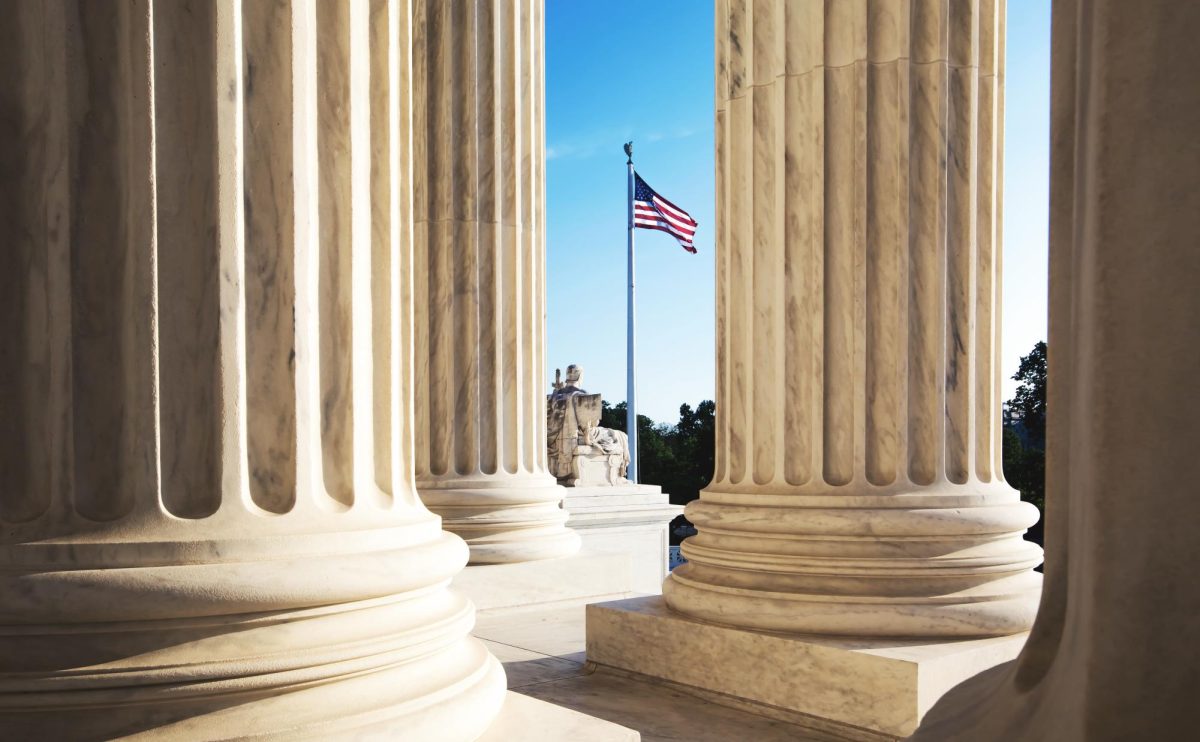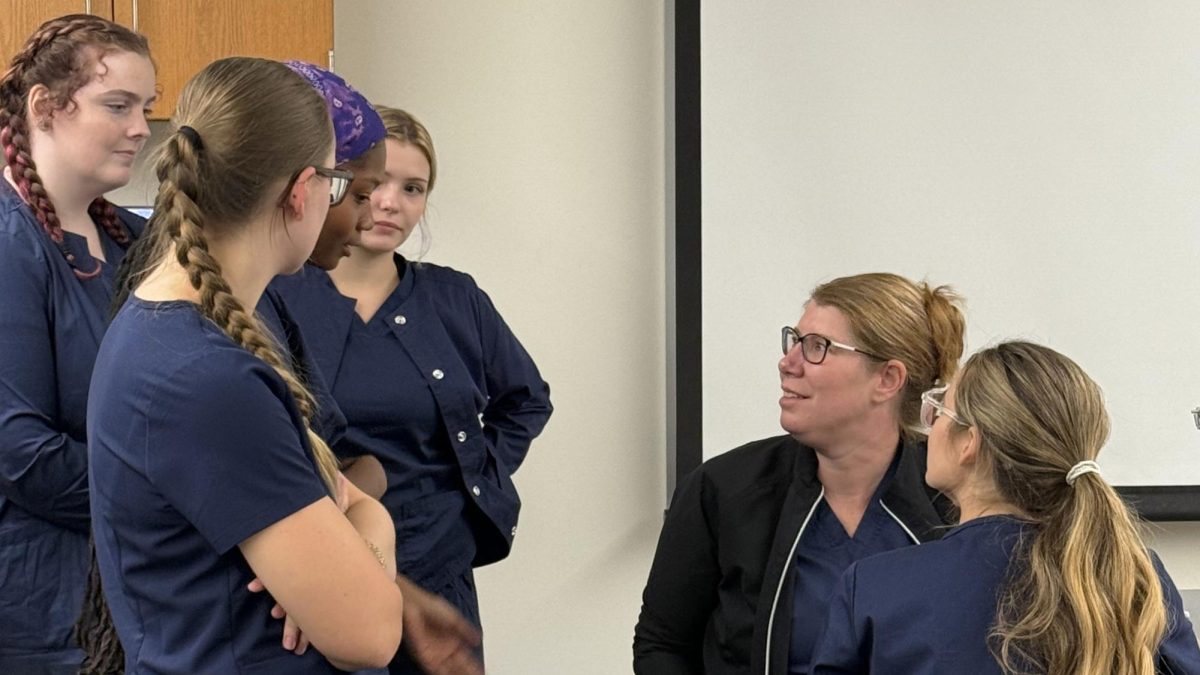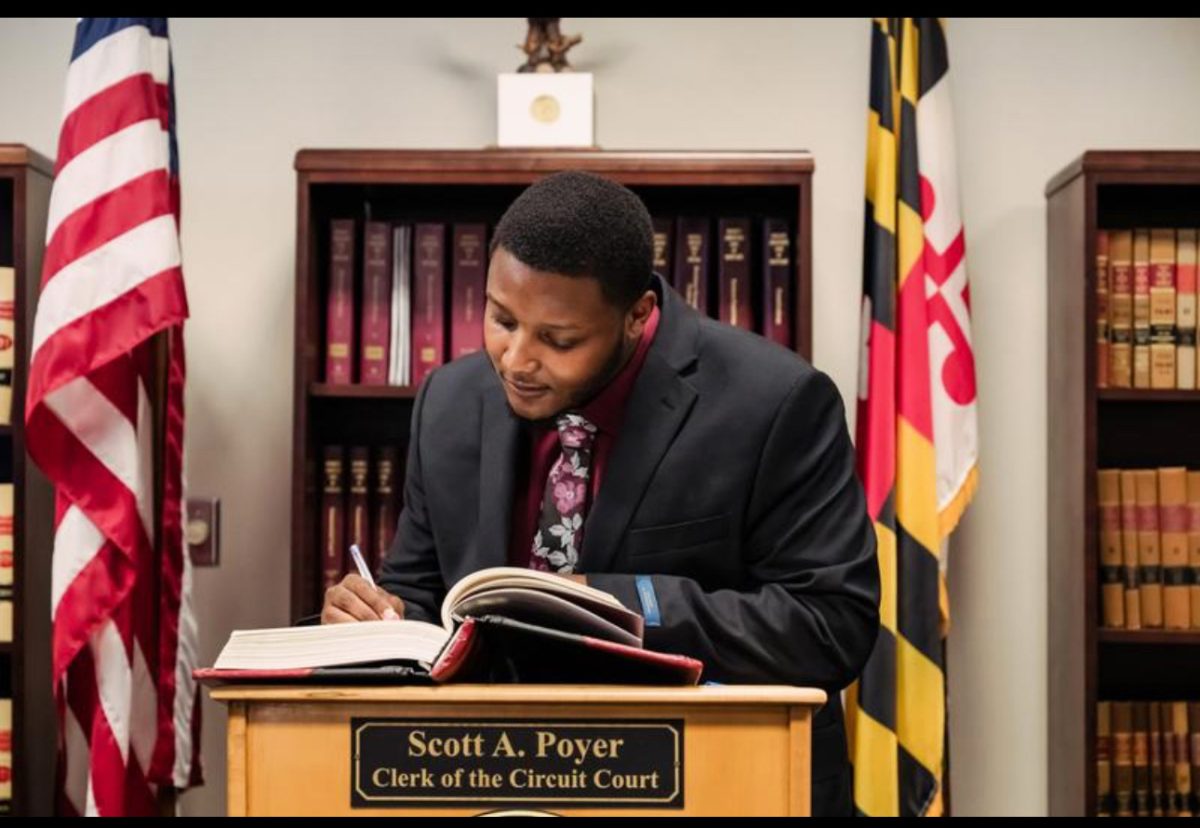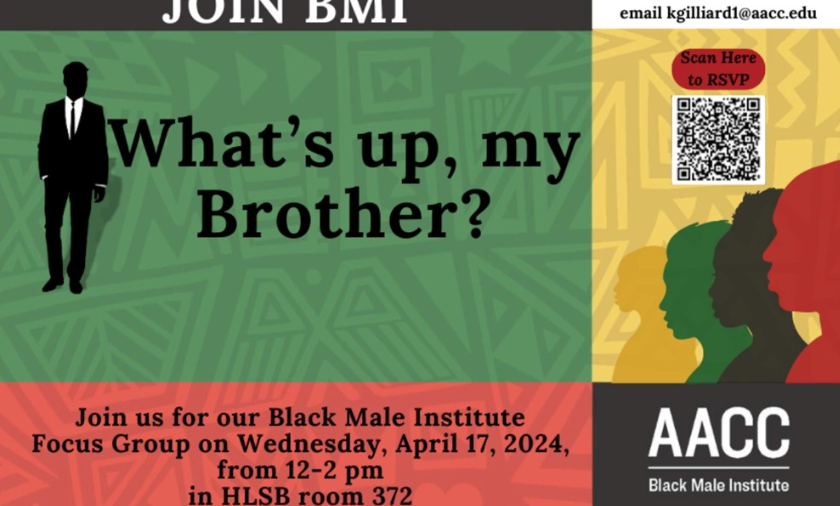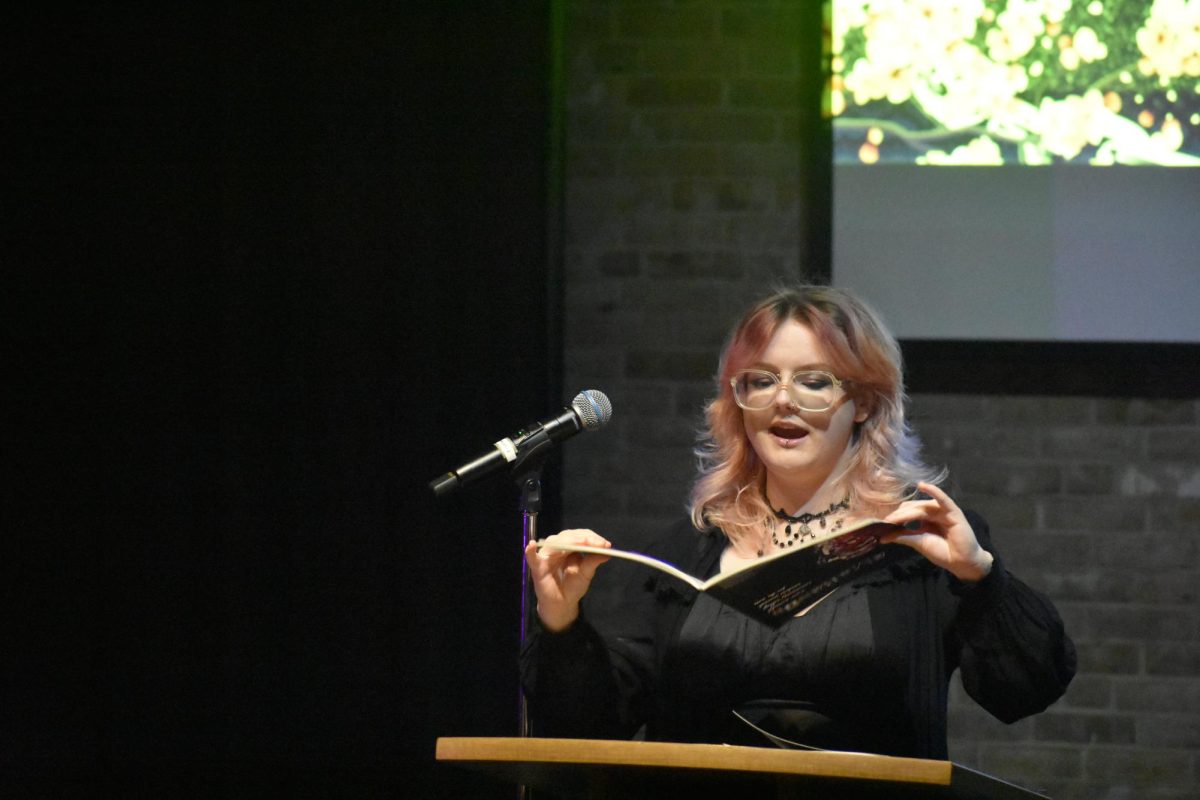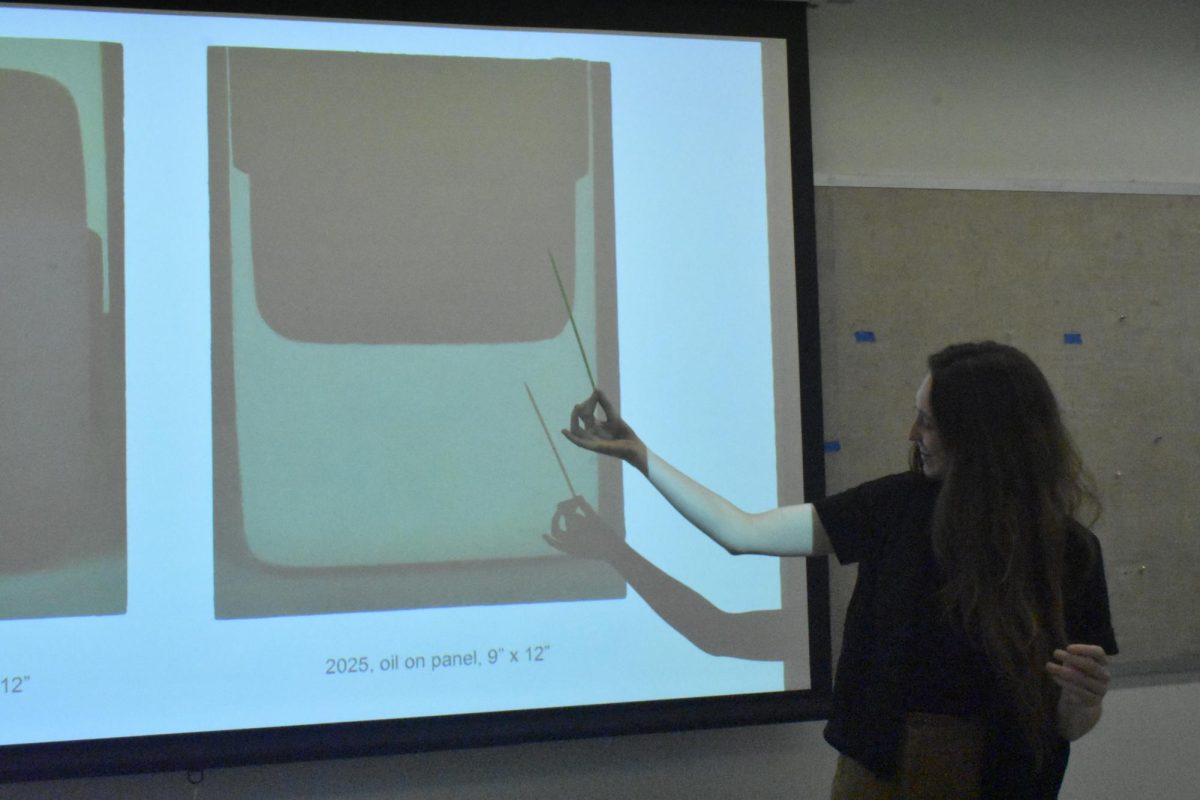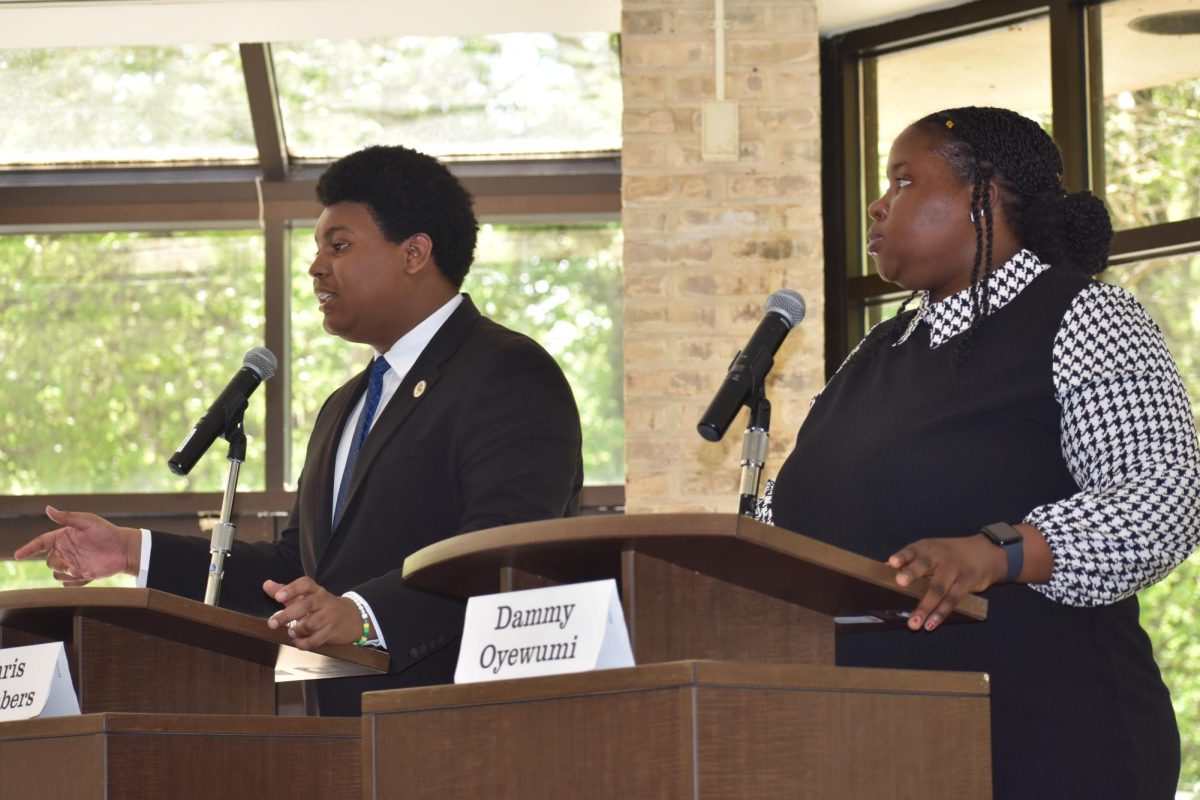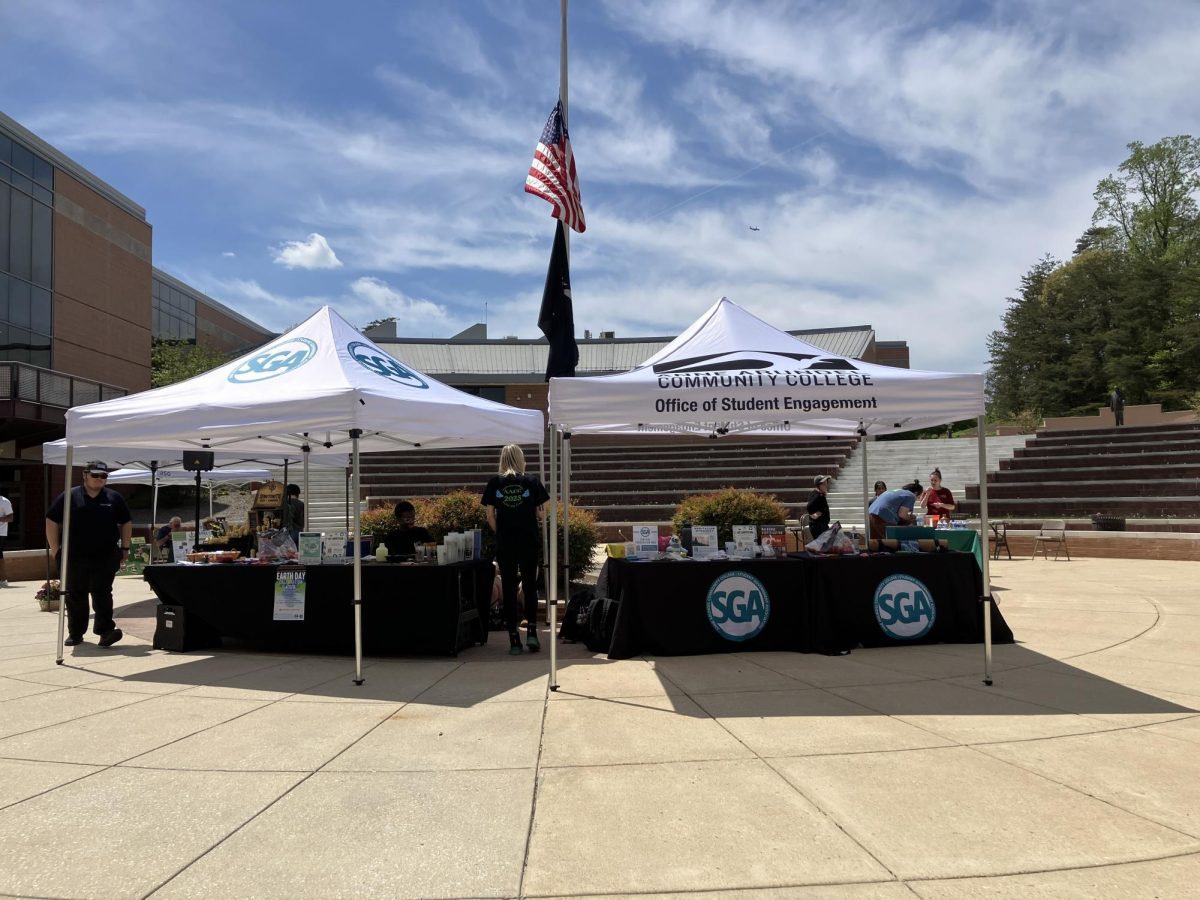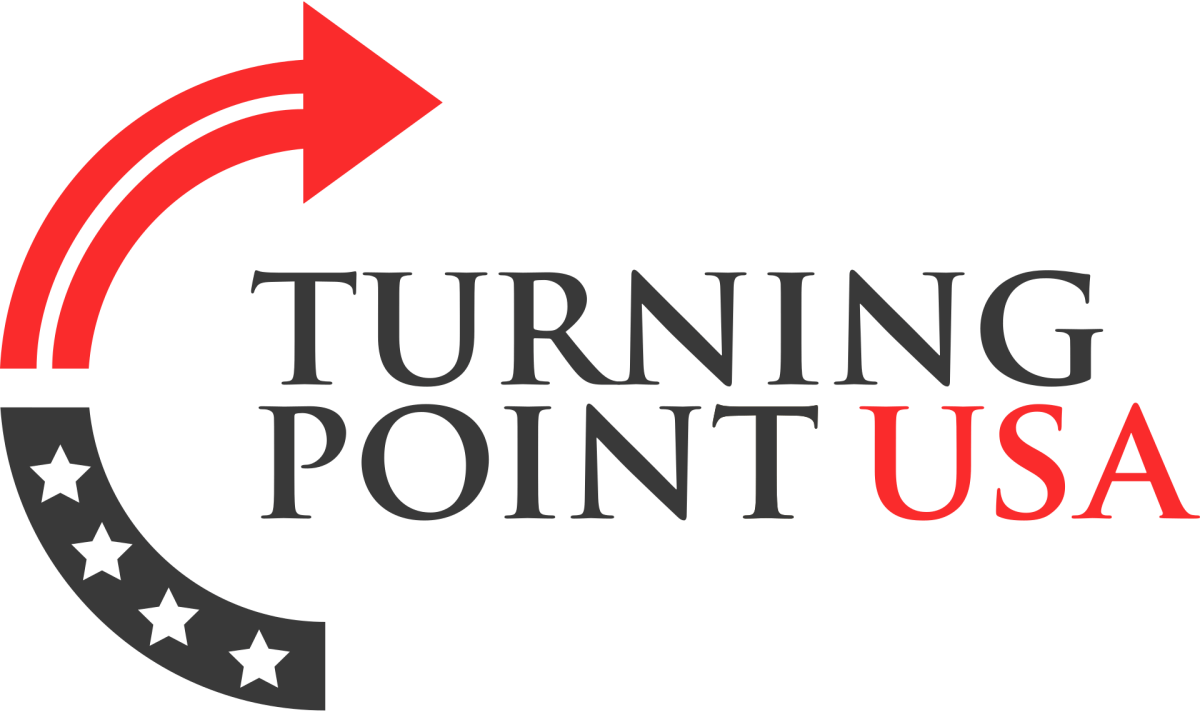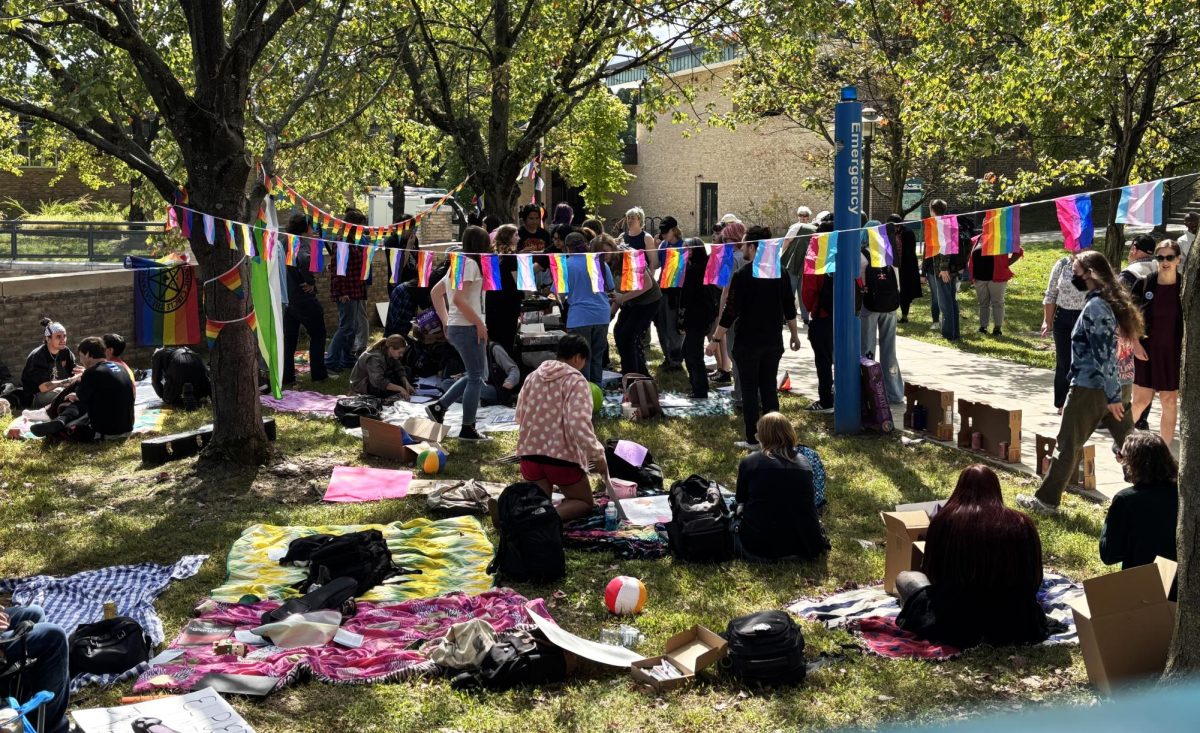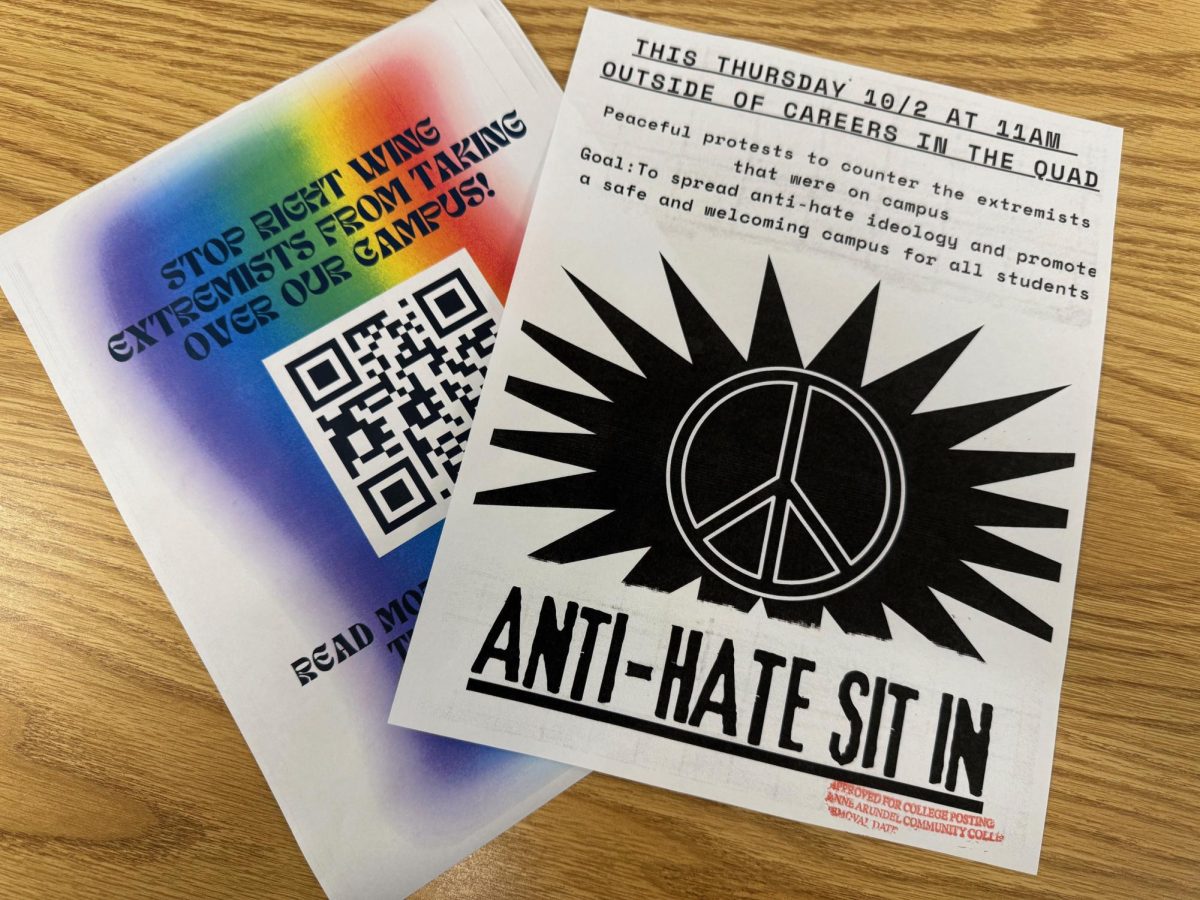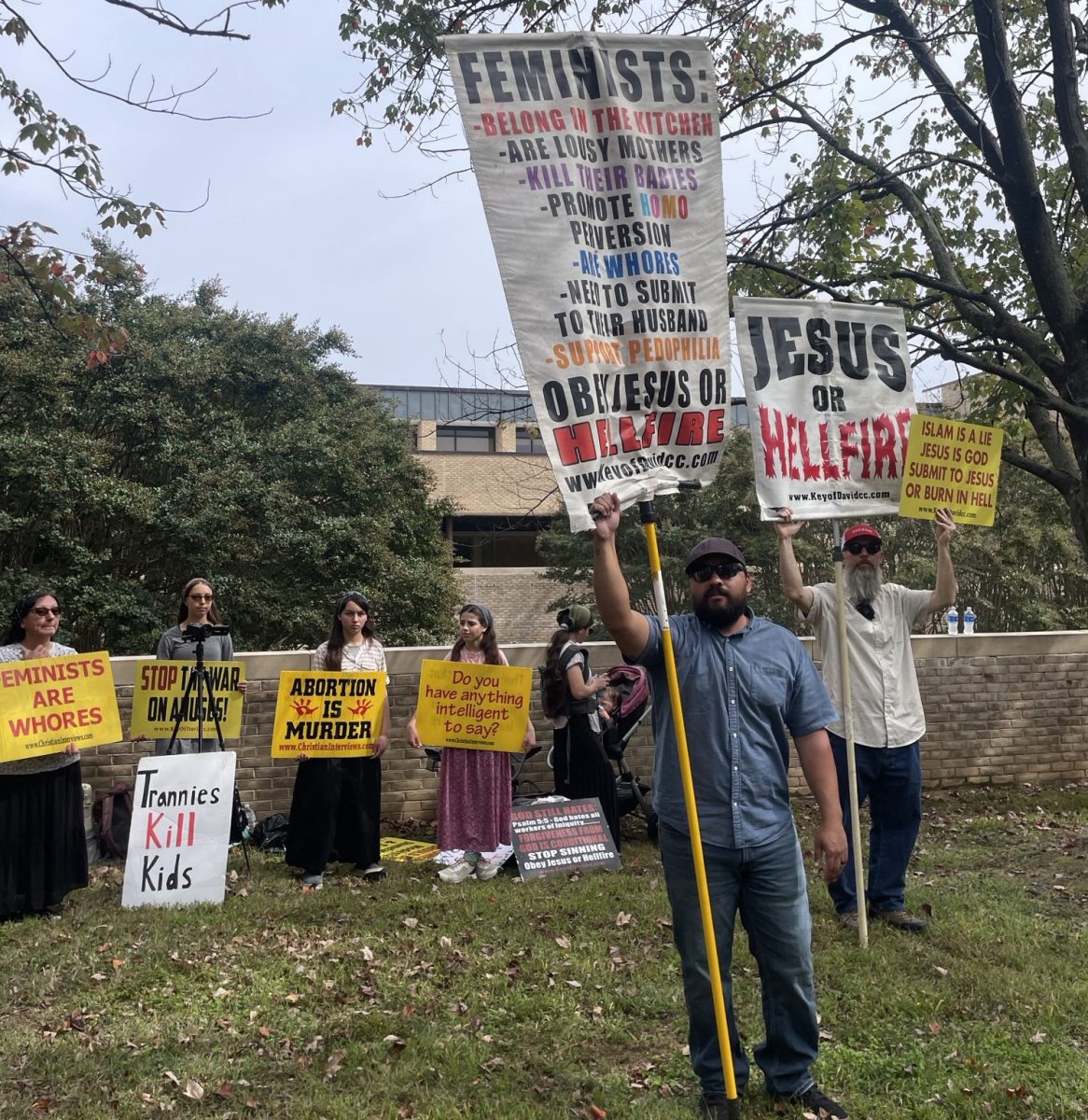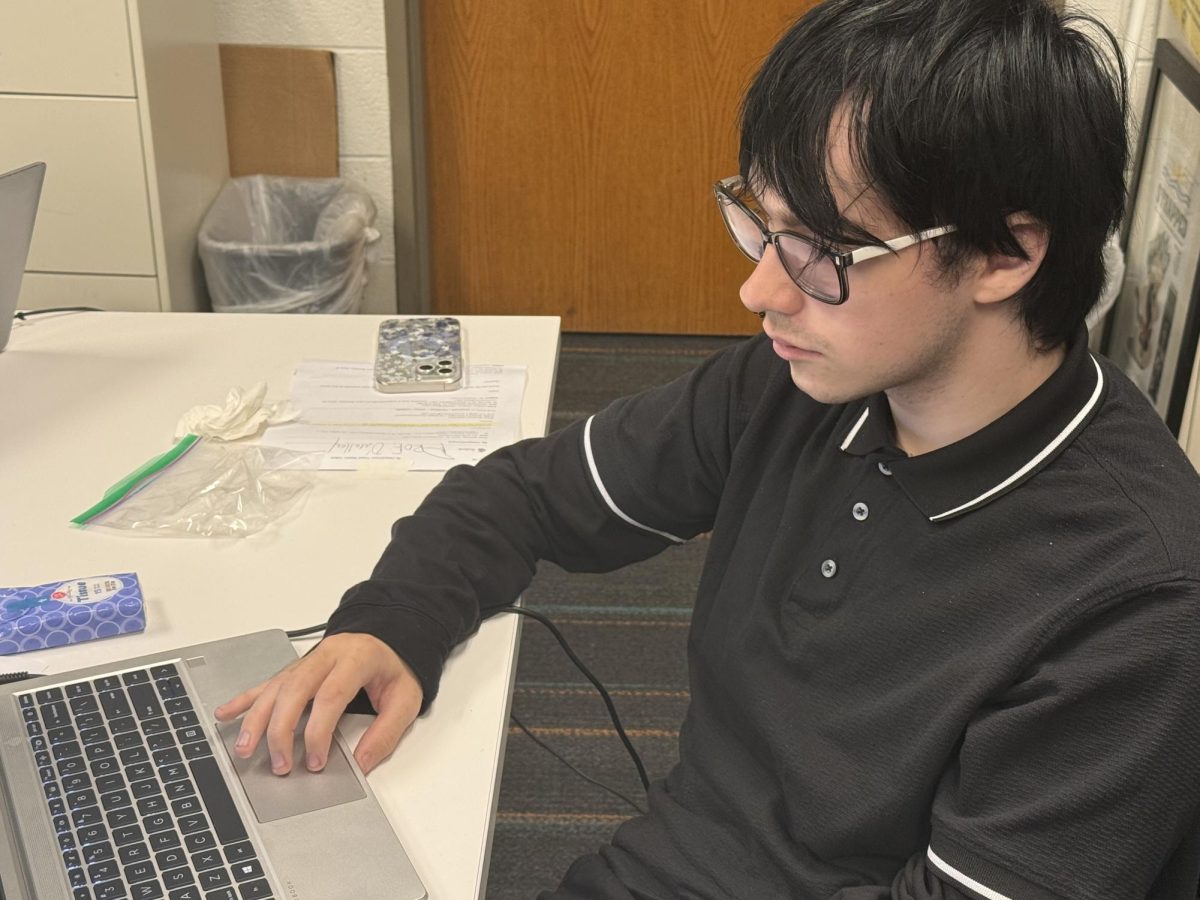AACC legal studies professors explained the U.S. Supreme Court’s controversial affirmative action ruling to students in a presentation on Tuesday.
Affirmative action is the idea that colleges can use race when deciding whether to admit an applicant. The U.S. Supreme Court ruled in June that colleges may not use an applicant’s race to make their decisions.
AACC’s School of Business and Law hosted the Constitution Day event.
Mary Bachkosky, a legal studies professor who led the presentation, explained the history behind affirmative action and the U.S. Supreme Court’s ruling.
“[The Supreme Court] said using race, an illegitimate stereotype, is a bad idea,” Bachkosky said, “that just because [of] the color of their skin, that they’re going to bring forth something to the classroom that someone with a different color skin will not. The concern is that race will be used as a negative.”
Bachkosky said the high court decided the use of affirmative action as part of college admissions “violated the equal protection clause of the Constitution.” The court ruled that the two universities named in the lawsuit the justices considered are no longer allowed to use race as part of the admissions process, which means all universities must stop the practice.
Still, Bachkosky said some colleges have determined that a diverse student body is good for students’ education. And at least one law school argued that “diversity was essential to their function of training attorneys,” she said.
The court said one problem with affirmative action stemmed from the colleges’ basing admission decisions only on the color of an applicant’s skin rather than considering culture, background or the student’s ancestry.
John Wojcik, a legal studies professor, said the court went “through a pretty decent detail and explained why” it made its decision.
Students who attended the event said they learned something new.
Ashley Gonzalez, a second-year paralegal studies student, said she expanded her knowledge on the Supreme Court case. “So coming to this, I really appreciate it because I learned a little bit more, for example, about the race and the universities,” Gonzalez said.
Alexandra Hall, a second-year nursing student who attended the presentation, said she does not think the ruling will affect her, but added she gained new insight into the issue.
“I’ve heard about the case, about affirmative action, but I haven’t heard, like, anything in depth,” Hall said. “So this was, like, definitely an opportunity for me to actually understand all the details.



